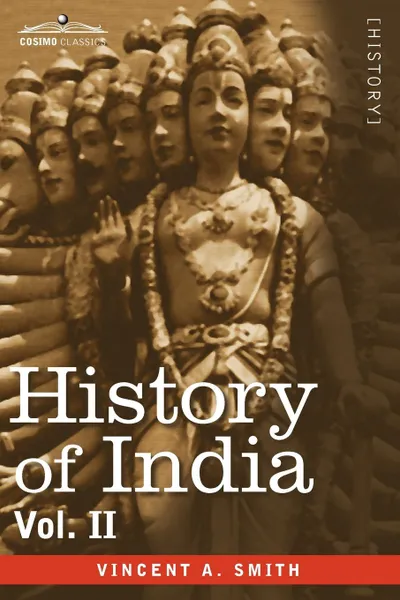History of India, in Nine Volumes. Vol. II - From the Sixth Century B.C. to the Mohammedan Conquest, Including the Invasion of Alexander the Great 12+
2008
452 страницы
Категория: Научная литература
ISBN: 9781605204925
Язык: Английский
📖 A special agency of censors was also organized for the purpose of enforcing the regulations concerning the sanctity of animal life and the observance of filial piety, in the most extended sense. These officers were expressly enjoined to concern themselves with all sects, and with every class of society, not excluding the royal family, while separate officials were charged with the delicate duty of supervising female morals. In practice, this system must have led to much espionage and tyranny…—from Chapter VII: “Asoka Maurya and His Successors”First published in 1906, this classic nine-volume history of the nation of India places it among the storied lands of antiquity, alongside Egypt, China, and Mesopotamia. Edited by American academic ABRAHAM VALENTINE WILLIAMS JACKSON (1862–1937), professor of Indo-Iranian languages at Columbia University, it offers a highly readable narrative of the Indian people and culture through to the time of its publication, when the nation was still part of the British Empire.Volume II, From the Sixth Century B.C. to the Mohammedan Conquest, Including the Invasion of Alexander the Great, by British scholar VINCENT ARTHUR SMITH (1848-1920), features entertaining and enlightening treatments of:• the dynasties before Alexander• Alexander’s Indian campaign• imperial monarch Asoka Maurya• the Indo-Greek and Indo-Parthian dynasties• the Gupta Empire and the white Huns• the reign of Harsha• the medieval kingdoms of the north• and much more.This beautiful ...
Мнения
